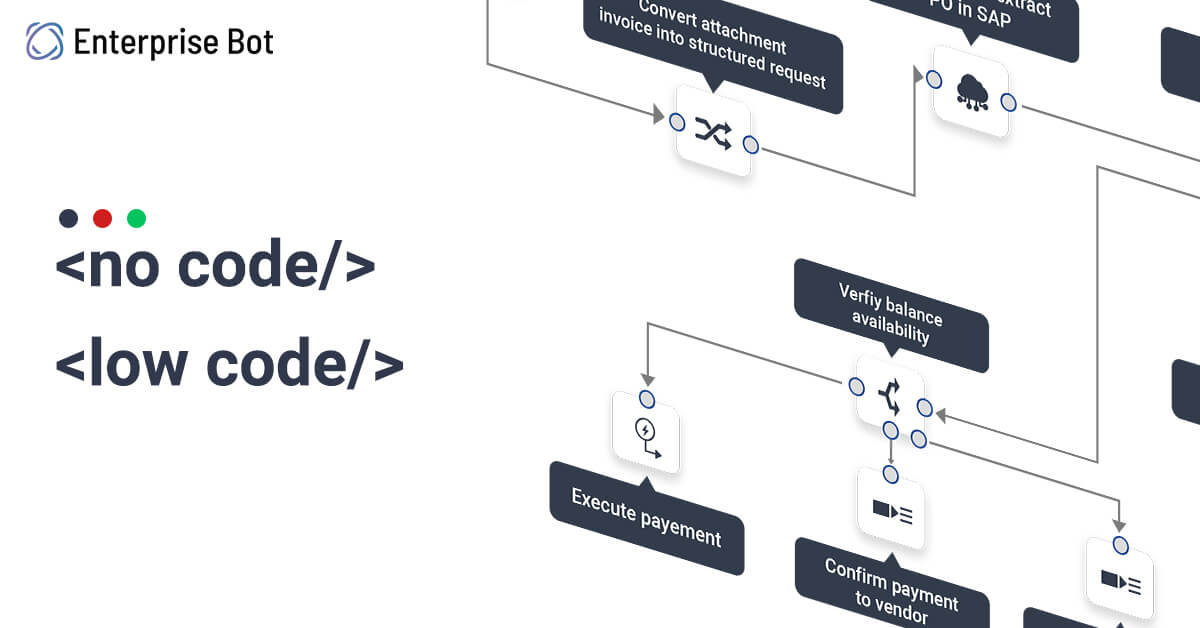Enhance Open System Database Development with No-Code Development Operatings Systems
Enhance Open System Database Development with No-Code Development Operatings Systems
Blog Article
Exploring the Advantages of Scalable Data Sources That Need No Coding Abilities for Efficient Information Monitoring Solutions
The development of scalable data sources that get rid of the requirement for coding abilities offers a transformative opportunity for organizations seeking effective information management solutions. By making it possible for non-technical users to harness the power of information with user-friendly interfaces, these systems enhance availability and foster cooperation throughout varied groups. Their cost-effectiveness and flexibility to advancing organization demands can considerably improve operational processes. As we think about the effects of such developments, it comes to be vital to check out just how they can improve the landscape of information management and drive lasting development in an affordable setting.
Boosted Access for Customers
Boosted availability for individuals is a vital aspect of scalable databases, guaranteeing that information monitoring systems are easy to use and user-friendly. In a period where data-driven choices are extremely important, availability enables a bigger variety of individuals, consisting of those without considerable technical proficiency, to engage with data source systems efficiently. This democratization of data accessibility helps with enhanced partnership throughout departments, encouraging staff members to draw out understandings and make notified decisions.
Straightforward interfaces, such as drag-and-drop attributes and aesthetic data representation, simplify complicated data communications. These improvements reduce the knowing curve related to conventional data source monitoring, allowing individuals to concentrate on leveraging information instead than facing technical complexities. Moreover, scalable data sources commonly include real-time analytics and personalized dashboards, providing customers with prompt understandings customized to their specific needs.

Cost-Effectiveness and Source Savings
Reliable data management not just pivots on availability but likewise on cost-effectiveness and resource cost savings. Scalable data sources made for individuals without coding abilities considerably decrease economic worries usually connected with standard data source administration systems. By removing the requirement for specialized programming proficiency, organizations can allot their sources extra efficiently, focusing funds on core company activities instead of considerable training or hiring proficient personnel.
Additionally, these data sources usually utilize cloud-based services, which better lower expenses connected to equipment and maintenance. Organizations can scale their data source remedies according to their needs, staying clear of the expenditures incurred from over-provisioning resources. This adaptability indicates services can adjust to changing demands without sustaining unnecessary expenses, bring about considerable long-lasting cost savings.
In addition, easy to use interfaces simplify information access and monitoring processes, lowering the moment invested in administrative jobs. This efficiency converts into labor price financial savings, enabling groups to concentrate on critical campaigns as opposed to regular maintenance. Generally, embracing scalable databases that require no coding abilities promotes a much more cost-effective approach to information administration, allowing organizations to optimize their sources while keeping high levels of operational performance.
Improved Cooperation Throughout Teams

Moreover, scalable data sources help with seamless interaction among employee. With straightforward interfaces that call for no coding skills, workers can easily produce, customize, and share records or dashboards tailored to their specific requirements. This democratization of information encourages non-technical customers to add understandings, improving the collaborative atmosphere.
Furthermore, these databases support concurrent gain access to, allowing multiple users to deal with the very same dataset concurrently. This attribute improves productivity, as teams can participate in joint information evaluation without the risk of version control concerns. The ability to leave comments or notes directly within the database even more promotes discussion and clarifies data interpretations.
Streamlined Data Administration Processes
In today's data-driven environment, companies acknowledge the necessity of structured data administration refines to make the most of performance and accuracy. By leveraging scalable databases that call for no coding skills, organizations can streamline their data handling and lower the complexities typically related to traditional data source systems. This accessibility encourages non-technical customers to engage straight with data, helping with quicker decision-making and lowering dependence on specialized IT workers.
Streamlined information monitoring procedures improve operations by automating routine tasks such as data entrance, recognition, and reporting. Automated data combination guarantees that information from numerous sources is accumulated effortlessly, removing silos and promoting a linked view of critical business metrics (no-code). Moreover, user-friendly user interfaces enable workers to control information easily, allowing them official source to produce insights that drive tactical efforts without the demand for considerable training.
This performance not only accelerates functional processes but also decreases the capacity for human error, guaranteeing that information stays dependable and accurate. Inevitably, streamlined information monitoring processes through scalable databases lead to boosted efficiency, enabling organizations to concentrate on core tasks while guaranteeing that their data administration techniques are effective and reliable.
Scalability for Expanding Businesses

For expanding enterprises, the ability to scale up or down is important. A scalable data source can manage an increase of data produced from new customers, products, or services, guaranteeing that service procedures stay nonstop. Moreover, these data sources supply the ability to manage peak tons efficiently, which is vital throughout durations of quick growth or seasonal spikes.
Additionally, numerous scalable database solutions are designed with user-friendly interfaces that require no coding skills, encouraging non-technical team to take care of data successfully (no-code). This democratization of information administration enables companies to allot resources tactically and lower dependency on specialized IT employees
Inevitably, embracing a scalable database not only boosts functional performance however likewise promotes a setting where businesses can progress and innovate without the restraints of traditional data source systems. This versatility settings companies for lasting success in today's competitive landscape.
Conclusion
In final thought, scalable databases that call for no coding abilities supply significant advantages for reliable data monitoring. By simplifying information administration procedures and supplying scalability for growing organizations, such solutions allow companies to adjust to transforming needs successfully.
Boosted availability for individuals is an important element of scalable databases, ensuring that data administration systems are straightforward and user-friendly.User-friendly interfaces, such as aesthetic data and drag-and-drop functions depiction, simplify intricate information communications. Generally, taking on scalable databases that call for no coding skills cultivates an extra cost-effective technique to information administration, making it possible for companies to optimize their sources home while preserving high degrees of operational efficiency.
By leveraging scalable databases that need no coding abilities, organizations can simplify their information handling and reduce the complexities commonly connected with conventional data source systems - no-code.Streamlined data administration processes enhance operations by automating regular tasks such as data entry, validation, and reporting
Report this page